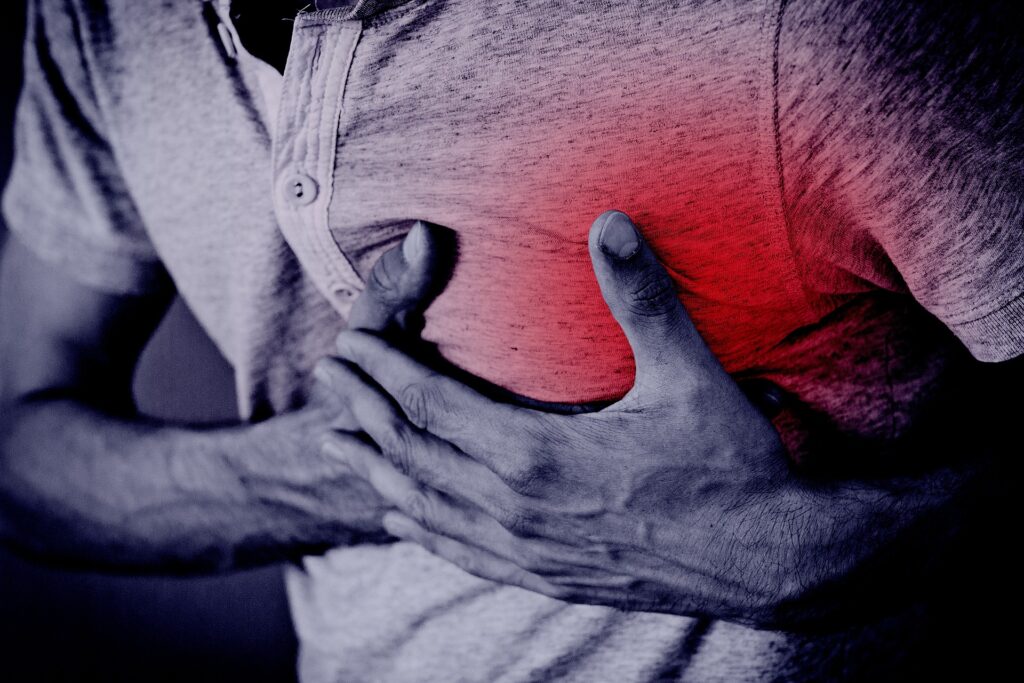Contents
Outline
A respiratory failure happens when the progression of blood to the heart is seriously diminished or obstructed. The blockage is for the most part because of a development of fat, cholesterol and different substances in the heart (coronary) veins. The greasy, cholesterol-containing stores are called plaques. The course of plaque development is called atherosclerosis.
Some of the time, a plaque can burst and frame a coagulation that blocks blood stream. A portion of the heart muscle might be damaged or destroyed if there is no blood flow.
A respiratory failure is likewise called a myocardial localized necrosis.
Brief treatment is required for a respiratory failure to forestall passing. Your local emergency number or assistance in the event that you figure you may be having a coronary failure.

Symptoms
Side effects of a coronary failure differ. Certain individuals have gentle side effects. Others have extreme side effects. Certain individuals have no side effects.
Normal coronary failure side effects include:
- Chest discomfort that may be felt as pressure, stiffness, soreness, hurting, or discomfort
- spreading to the shoulder, arm, back, neck, jaw, teeth, or even the upper belly
- frozen sweat
- Fatigue
- Acid reflux or indigestion
- unexpected dizziness or lightheadedness
- Nausea
- breathing difficulty
Women may experience unusual side effects, such as short-lived or intense pain in the neck, arm, or back. Unexpected heart failure is occasionally the primary symptom of a cardiovascular failure.
Some heart attacks occur without warning. However, many people experience warning symptoms and adverse effects hours, days, or weeks beforehand. An early warning sign of angina is persistent chest pain or tightness that doesn’t go away with rest. A temporary decrease in blood flow to the heart is what causes angina.
When to consult an expert
On the off chance that you think you are experiencing a cardiovascular failure, seek aid right away. Follow these steps:
Request urgent medical care. If you think you’re experiencing a heart attack, your local emergency number. Have someone transport you to the nearest emergency clinic in the unlikely event that you don’t seek out crisis clinical services. Provided that there are no other options, drive yourself.
Take dynamite whenever a healthcare provider advises you to.
Take ibuprofen when advised to do so. By preventing blood thickening, using headache medication while experiencing a cardiac failure may reduce heart damage.
Ibuprofen can interact with a variety of drugs. Ibuprofen should only be taken if instructed to do so by your consideration supplier or the crisis clinical team.
What to do if you spot a person who appears to be experiencing cardiovascular failure
Your local crisis line should be called if you fear someone is unconscious and experiencing a heart attack. Check to see if the person is breathing and has a heartbeat after that. It would actually be a good idea for you to start CPR at that point if the person isn’t breathing or you can’t find a heartbeat.




One Comment on “Heart attack – Symptoms and causes”
Comments are closed.